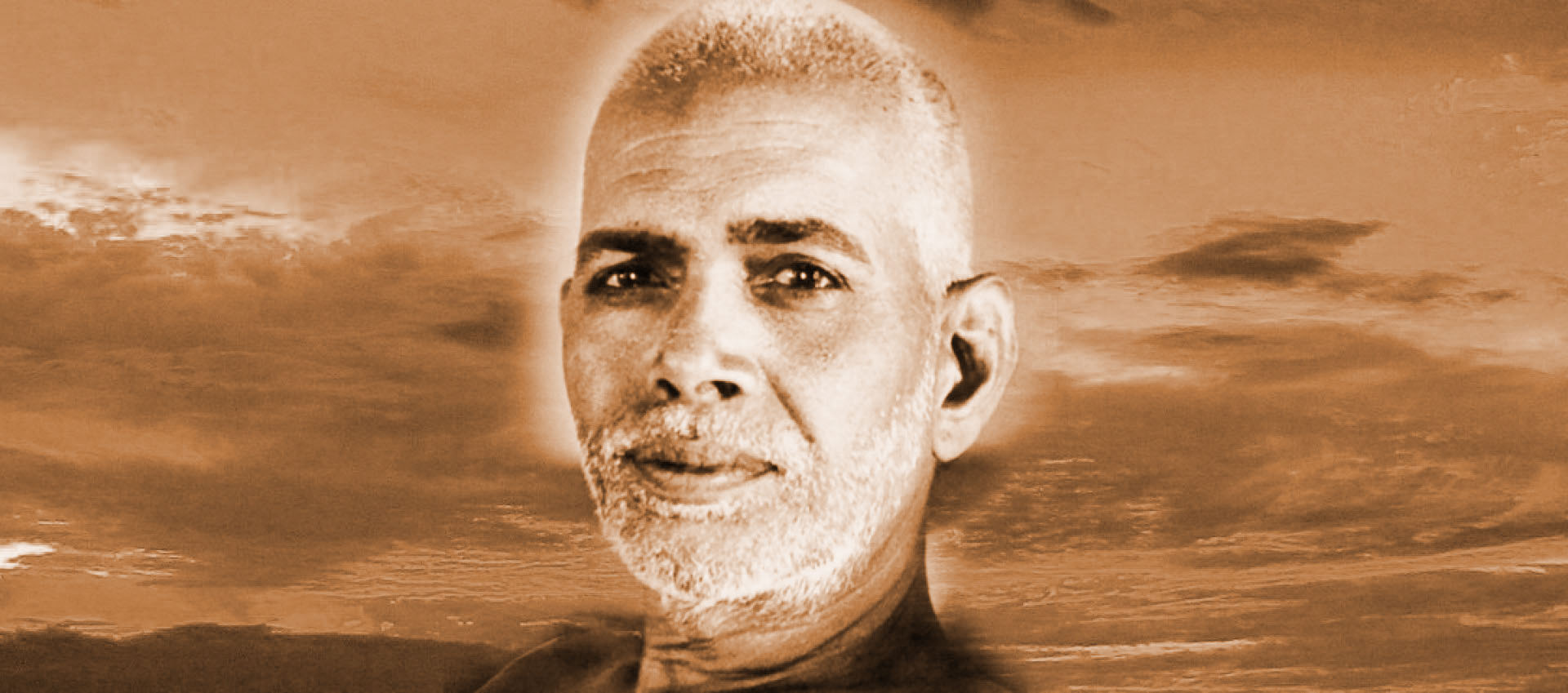
What is Divine Grace ? How to gain it? (2)
Extracts from Talks with Ramana Maharshi.
~~~~~~~~
Talk 127.
The American Engineer asked: “Does distance have any effect upon Grace?”
M.: Time and space are within us. You are always in your Self. How do time and space affect it?
D.: In radio those who are nearer hear sooner. You are Hindu, we are American. Does it make any difference?
M.: No.
~~~~~~~~
Talk 198.
D.: What is Guru’s Grace? How does it work?
M.: Guru is the Self.
D.: How does it lead to realization?
M.: Isvaro gururatmeti … (God is the same as Guru and Self …).
A person begins with dissatisfaction. Not content with the world he seeks satisfaction of desires by prayers to God; his mind is purified; he longs to know God more than to satisfy his carnal desires. Then God’s Grace begins to manifest. God takes the form of a Guru and appears to the devotee; teaches him the Truth; purifies the mind by his teachings and contact; the mind gains strength, is able to turn inward; with meditation it is purified yet further, and eventually remains still without the least ripple. That stillness is the Self. The Guru is both exterior and interior. From the exterior he gives a push to the mind to turn inward; from the interior he pulls the mind towards the Self and helps the mind to achieve quietness. That is Grace.
Hence there is no difference between God, Guru and Self.
~~~~~~~~
Talk 220.
Mr. B. C. Das, the Physics Lecturer, asked: Contemplation is possible only with control of mind and control can be accomplished only by contemplation. Is it not a vicious circle?
M.: Yes, they are interdependent. They must go on side by side. Practice and dispassion bring about the result gradually. Dispassion is practised to check the mind from being projected outward; practice is to keep it turned inward. There is a struggle between control and contemplation. It is going on constantly within. Contemplation will in due course be successful.
D.: How to begin? Your Grace is needed for it.
M.: Grace is always there. “Dispassion cannot be acquired, nor realization of the Truth, nor inherence in the Self, in the absence of Guru’s Grace,” the Master quoted.
Practice is necessary. It is like training a roguish bull confined to his stall by tempting him with luscious grass and preventing him from straying.
Then the Master read out a stanza from Tiruvachakam, which is an address to the mind, saying: “O humming bee (namely, mind)! Why do you take the pains of collecting tiny specks of honey from innumerable flowers? There is one from whom you can have the whole storehouse of honey by simply thinking or seeing or speaking of Him. Get within and hum to Him (hrimkara).”
~~~~~~~~
Talk 13.
“Is a Master necessary for realisation?” Mrs. Piggot asked first.
M.: The realisation is the result of the Master’s Grace more than teachings, lectures, meditation, etc. They are only secondary aids, whereas the former is the primary and the essential cause.
~~~~~~~~
Talk 80.
M.: Karma done unselfishly purifies the mind and helps to fix it in meditation.
D.: What if one meditates incessantly without Karma?
M.: Try and see. The vasanas will not let you do it. Dhyana comes only step by step with the gradual weakening of the vasanas by the Grace of the Master.
~~~~~~~~

